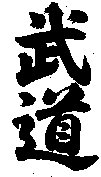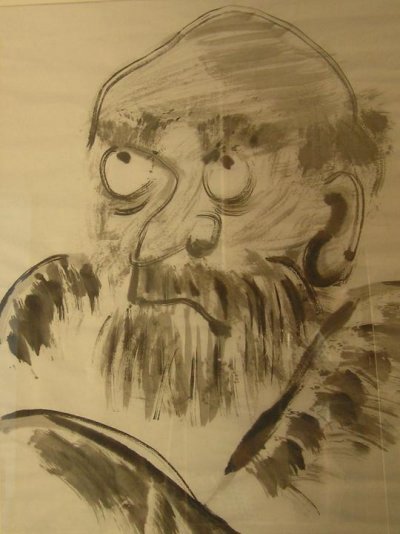Budo Principles

What are Budo Principles?
As stated in the previous post. Principles are different than values and ethics.
Values and ethics are based on principles. Principles must meet several criteria:
1. They are universal in nature. They apply to everyone regardless of intent of action or thought.
2. They are unchanging and have stood the test of time and the "laws of nature" apply.
3. They are non-judgemental and objective in nature.
Here's an example:
Principle: Killing someone prevents them from living and experiencing life.
Value: I value my life and others value theirs, therefore, killing is harmful in most circumstances.
Ethics: Do not kill someone, unless it is absolutely necessary.
In Budo arts such as aikido, you hear the phrase "Principles of Aikido". Most of what I have read, though on "principles of budo, or aikido, are mores, values, or ethics that are not core principles. Often it is confusing. For example, one might say the "principle of aikido is harmony and the peaceful resolution of conflict". That is a postive and worthwhile statement, but it is not a principle, but a value statement based on a principle.
So, what are the principles of budo that are universal to all persons on earth?
.
1. Conflict results when two opposing values or priorities collide concerning the same principle.
2. Conflict results unhappiness.
3. The resolution of conflict results in happiness.
5. Harmony is the point of statis between competing values values.
5. People are happy or peaceful when the have harmony.
Budo is based on these principles with the key assumption that people (you) want to be happy or at peace with themselves. Happiness is a universal value for most people, relgions, and societies. Most modern societies recognize it as the simple, and basic right. In the United States it is the basis for our constitution "life, liberty, and the pursuit of happiness".
Happiness is non-dogmatic in nature, and thus, the study of budo can be studied by all reqgardless of religion or personal beliefs. As O'Sensei, Morhiteu Ueshiba said, "The Art of Peace that I practice has room for each of the world's eight million gods, and I cooperate with them all. The God of Peace is very great and enjoins all that is divine and enlightened in every land." ("The Art of Peace" Translated by John Stevens).
So, why Budo as a methodology for achieving peace and happiness? Isn't it an oxymoron to practice such violent arts as karate, aikido, and judo in order to achieve peace? Doesn't Yoga, Buddhism, relgions, and other Comtemplative Types of Meditation practices have this as their common principles? Yes! Remember the principles are universal!
Why Budo?
That is another discussion! You must discuss beliefs, values, mores, and philosophies in order to answer this question.

0 Comments:
Post a Comment
<< Home